Philosophy of Law

Imagine a world without any laws. What would it look like? Chaos? ‒ or would we still have order? Would we still know right from wrong? Would life be more or less predictable? How would disputes be handled? Would we still have personal rights and freedoms? Would we protect each other or only ourselves? What about roads, buildings, jobs, and schools? Thinking about these questions may transport you to a whole new fantasy, a world completely different from the one you live in, and it may make you realize how much laws organize our reality. The law is present in almost everything we do. Laws govern your behavior 🚫, the roof over your head, the food you eat, the clothes you’re wearing, the social media you post your selfies on, the car you drive, and the roads you drive your car on. Without us always realizing, the law plays a role in the structure of our lives, which might lead you to ask — why?
Legal philosophy explores the nature of law and its connection to values, attitudes, practices, and political groups. This is an essential element of philosophy in general because it depends on, and sometimes contributes to, answers to fundamental philosophical questions about the nature of actions, intention, knowledge, and truth; the foundation of morality, rights, and justice; and the justifications of political authority.
There are several theories in the philosophy of law, so we will just address a few. Natural law theory dates way back to to Aristotle in Ancient Greece, but the most famous thinker in the tradition is likely St. Thomas of Aquinas. Natural law theory holds that people have inherent rights, which means they are not given those rights by a society or set of laws. It also believes that we can figure out what laws to have in society by looking at nature. John Locke, the modern philosopher, said that humans have built-in rights to life, liberty, and property. Locke’s theory became the foundation of the United States “Declaration of Independence,” where it was transformed into Thomas Jefferson’s famous phrase, “life, liberty, and the pursuit of happiness”, which might ring a bell📜. Unlike the natural law theorists, legal positivists believe that every society has laws, which may or may not be just – that’s a different question. The law is just what the society posits or orders that we do. ⚖️ (peep the meme). Finally, legal realism sticks to the court systems. It’s about the laws that we have written down, suggesting that law is what the court decides 🏛. Do you object?
Videos
History of Law – where do laws come from? (Philosophy of Law, Part 1)
Pacific Legal Foundation
-
 History of Law – where do laws come from? (Philosophy of Law, Part 1)
History of Law – where do laws come from? (Philosophy of Law, Part 1)
-
 Nature Law Theory: Crash Course Philosophy #34
Nature Law Theory: Crash Course Philosophy #34
-
 Legal System Basics: Crash Course Government and Politics #18
Legal System Basics: Crash Course Government and Politics #18
-
 Originalism vs Living Constitution (Philosophy of Law, Part 2 – Professor Aeon Skoble
Originalism vs Living Constitution (Philosophy of Law, Part 2 – Professor Aeon Skoble
Key Texts
-
The Republic
Plato -
Crito
Plato -
Two Treatises of Government
Locke -
Politics
Aristotle -
What is the Philosophy of Law?
John Finnis -
On Law, Morality, and Politics
Saint Thomas Aquinas -
The Meaning of Freedom: And Other Difficult Dialogues
Angela Davis -
Law, Liberty, and Morality
H.L.A. Hart -
The Concept of Law
H.L.A. Hart -
The Theory of Justice
John Rawls
Podcasts
-
Judicial Philosophy in Legal Interpretation at the Supreme Court
Boston University School of Law
Listen
Want to Know More?
-
Philosophy of Law
Internet Encyclopedia of Philosophy -
The Nature of Law
Stanford Encyclopedia of Philosophy -
U.S. Code: Table of Contents
Legal Information Institute -
U.S. Constitution
Constitution Annotated -
Opinions of the Court – 2020
Supreme Court of the United States
Questions to Think About
-
What is law?
-
Why do we have laws?
-
What makes the law valid?
-
What makes the law binding to people?
-
How do law and morality relate to each other?
-
In what ways do you interact with the law daily?
-
If good should be rewarded and evil should be punished, how do we define good and evil?
-
Should we obey the law no matter what?
-
Are there unjust laws?
Key Thinkers
-
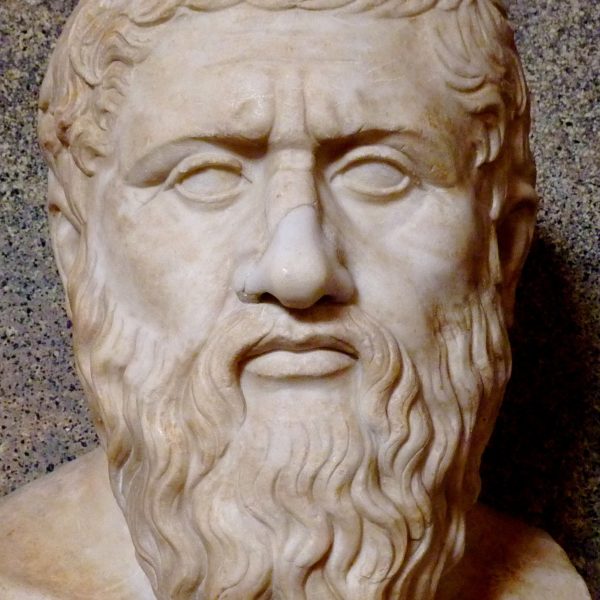
Plato
-

Aristotle
-

Saint Thomas Aquinas
-
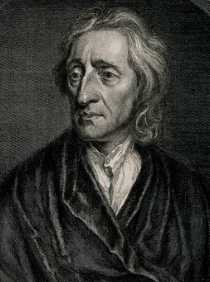
John Locke
-
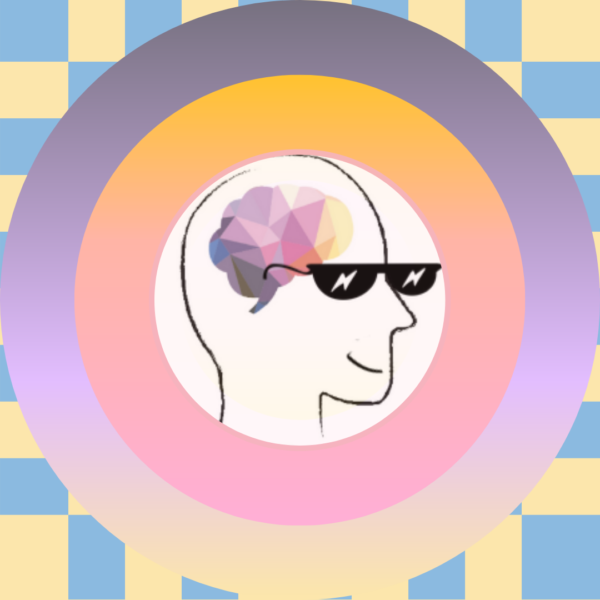
John Austin
-
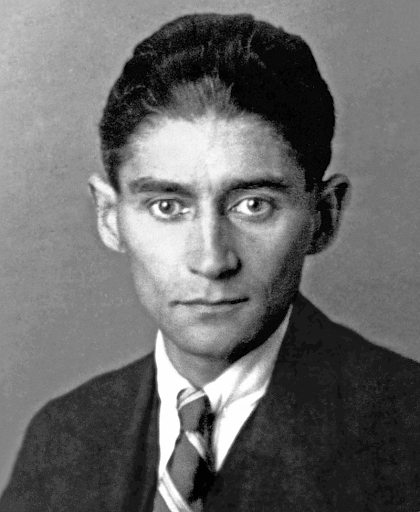
Franz Kafka
-

H.L.A Hart
-
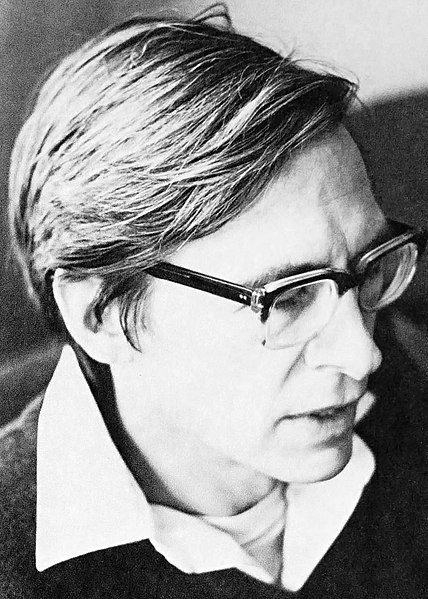
John Rawls
-
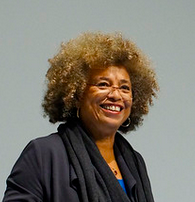
Angela Davis
-

Michele Moody-Adams
“Aristotle” by Nick in exsilio is licensed with CC BY-NC-SA 2.0. To view a copy of this license, visit https://creativecommons.org/licenses/by-nc-sa/2.0/. https://www.flickr.com/photos/33563858@N00/6884873348
“File:Bust of Plato, Vatican Museum, Rome.jpg” by Dudva is licensed with CC BY-SA 4.0. To view a copy of this license, visit https://creativecommons.org/licenses/by-sa/4.0. https://commons.wikimedia.org/w/index.php?curid=64206678
“Socrates Statue at the Louvre” by derekskey is licensed with CC BY 2.0. To view a copy of this license, visit https://creativecommons.org/licenses/by/2.0/. https://www.flickr.com/photos/32211216@N06/9135166134
“St Thomas Aquinas” by Lawrence OP is licensed with CC BY-NC-ND 2.0. To view a copy of this license, visit https://creativecommons.org/licenses/by-nc-nd/2.0/. https://www.flickr.com/photos/35409814@N00/40626309662
“File:John Locke. Line engraving by G. Vertue, 1738, after Sir G. Wellcome V0003651.jpg” by Wellcome Library, London is licensed with CC BY 4.0. To view a copy of this license, visit https://creativecommons.org/licenses/by/4.0. https://commons.wikimedia.org/w/index.php?curid=36403225
Published by the Belknap Press of Harvard University Press. Photograph taken by Alec Rawls.”File:John Rawls (1971 photo portrait).jpg” by Thomas Pogge via Wikimedia Commons is licensed with CC0 1.0 (no copyright). To view a copy of this license, visit https://creativecommons.org/publicdomain/zero/1.0/. https://commons.wikimedia.org/wiki/File:John_Rawls_(1971_photo_portrait).jpg#filelinks
“Enclosures: Quotidian Carceralities in the US and Occupied Palestine (Angela Davis)” by Columbia GSAPP is licensed with CC BY 2.0. To view a copy of this license, visit https://creativecommons.org/licenses/by/2.0/. https://www.flickr.com/photos/38426037@N04/15255790824
Key Terms
-
- Law
- system of rules
-
- Legal Interpretivism
- law depends on interpretation by people in various communities
-
- Legal Positivism
- law depends on society
-
- Legal Realism
- law is not rational in itself, made by courts and institutions
-
- Natural Law Theory
- law is universal and divine, exists in nature, can be known by reason
-
- Rights
- legal or social entitlements (things one deserves)
Similar Starter Packs
-
Philosophy of Criminal Justice
This resource talks about how criminal justice ties into philosophy. It covers a wide array topics asking questions like “What should be illegal?”
-
Natural Law Theory
Explores the theory that social laws can be derived from laws of nature.
-
Normative Ethical Theory
What makes an action good or bad? This resource explores ways to approach this question and other ethical decisions.
-
Modern Political Philosophy
Compares the political systems of the state of nature theorists.







